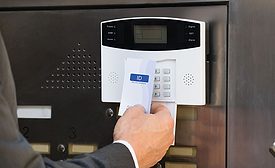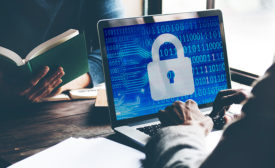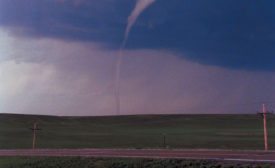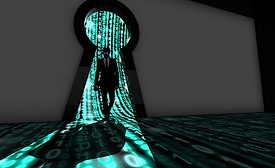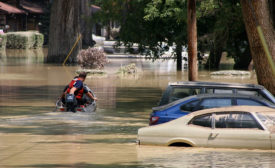Government: Federal, State and Local
Smart Card Uses Continue to Expand Across Sectors
Healthcare, higher ed, critical infrastructure and the corporate world embrace ID cards for security and more.
May 1, 2017
Sign-up to receive top management & result-driven techniques in the industry.
Join over 20,000+ industry leaders who receive our premium content.
SIGN UP TODAY!Copyright ©2024. All Rights Reserved BNP Media.
Design, CMS, Hosting & Web Development :: ePublishing

